Koinobori
Iraka no nami to kumo no nami
Kasanaru nami no nakazora wo
Tachibana kaoru asakaze ni
Takaku oyogu ya koi noboriHirakeru hiroki sono kuchi ni
Fune wo mo noman sama miete
Yutaka ni furuu obire ni wa
Mono ni douzenu sugata ariMomose no taki wo noborinaba
Tachimachi ryuu ni narinubeki
Waga mi ni niyoyaya onokogo to
Sora ni odoru ya koi noboriLyricist:Unknown
Composer:HIROTA Ryuutarou
in 1913
Carp streamers
Waves of tiled roofs and waves of clouds
The sky between the overlapping waves
In the morning breeze scented with tangerines,
The carp streamers swim high up.
With its wide open mouth,
It looks as if it could swallow a boat.
The tail fin sways leisurely and largely,
Its appearance dignified and immovable.
If it crossed a hundred rapids
It will quickly become a dragon
Be like me, as a boy,
Carp streamers swimming in the sky

Around late spring to early summer, May 5th is “Children’s Day” in Japan.
In contrast to “Momo-no Sekku” held on March 3rd for girls, a ceremony celebrating the growth of boys is conducted nationwide as “Tango-no Sekku.”
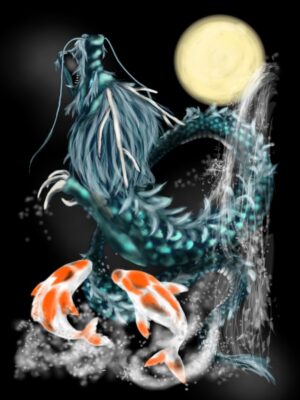
A carp climbs a waterfall and becomes a dragon
Inspired by the Chinese tale of “Carp Climbing the Dragon’s Gate,” where a carp that successfully ascends 100 waterfalls transforms into a dragon, carp streamers are erected on the eaves of houses with boys, symbolizing the wish for boys to grow into admirable men by overcoming hardships. Inside the house, decorations such as helmets and armor are displayed, and it’s customary for boys to bathe in water adorned with iris leaves resembling swords, called “shoubu,” a homonym for “victory.”
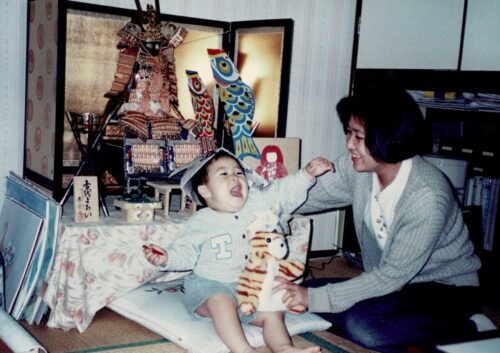
Tango no sekku
These lyrics were written over a century ago during the early Taisho period as a Ministry of Education song (meaning they were anonymous). Therefore, the authorship of both lyrics and music remained unknown for a long time. It wasn’t until later when HIROTA Ryuutarou reportedly told SATOU Hachirou, “I composed this song,” that it became attributed to HIROTA Ryuutarou.
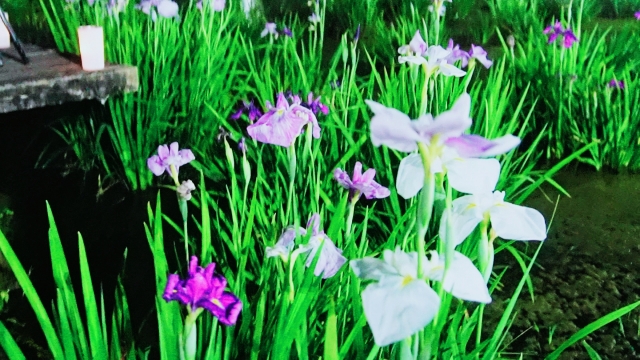

While the language may be somewhat archaic for children, as adults celebrating their own children, one truly comes to appreciate the dignified, brave, and wonderful nature of this song.
▼Another ‘Koinobori’ song.

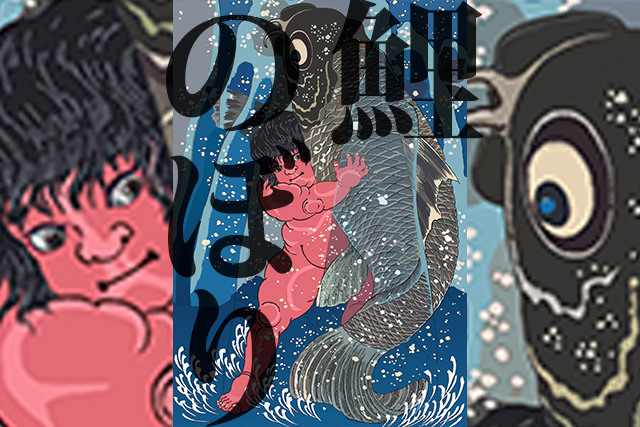
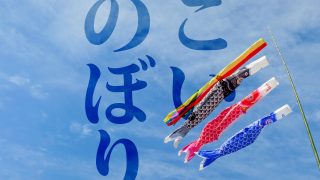

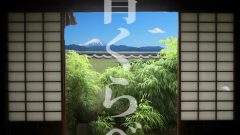
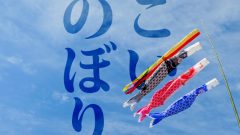
コメント